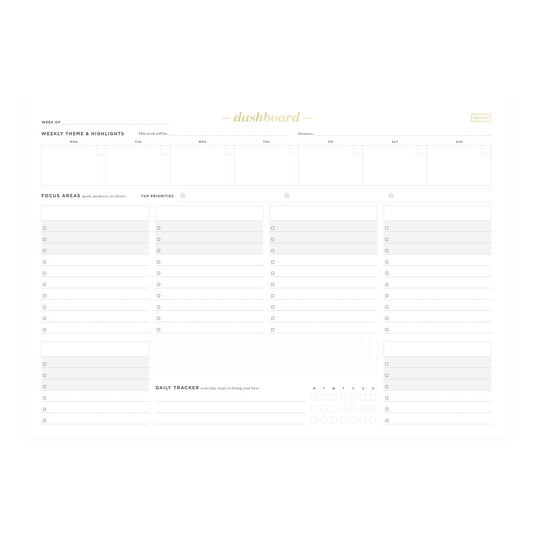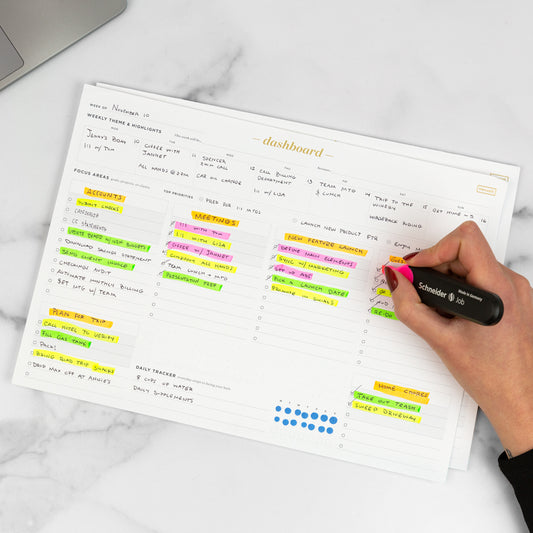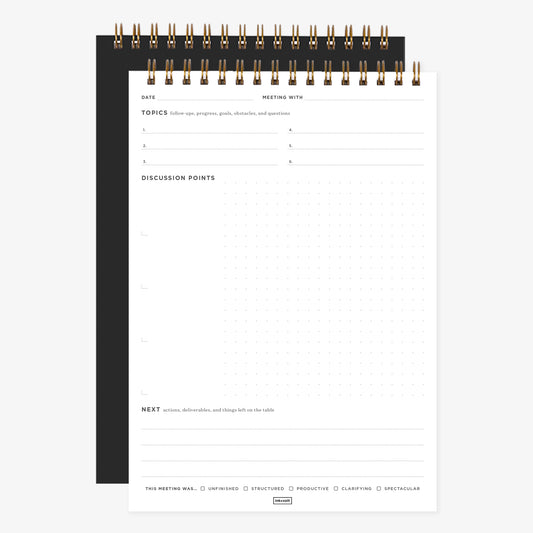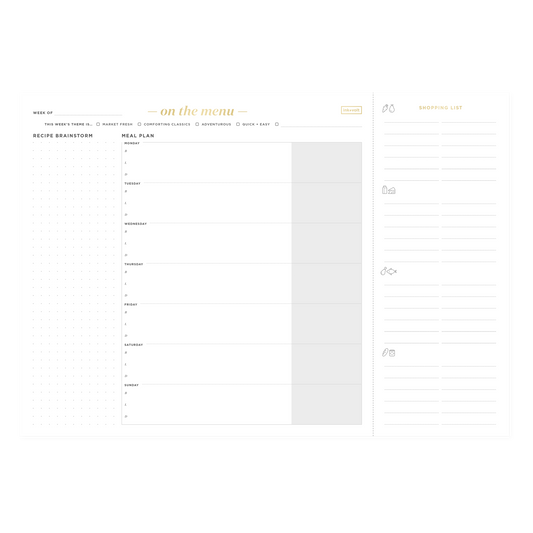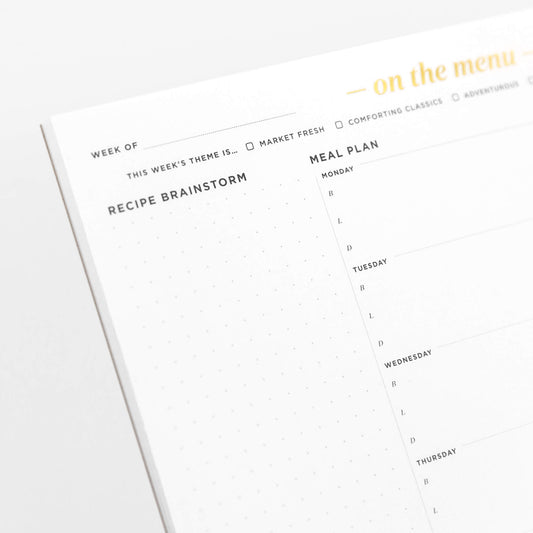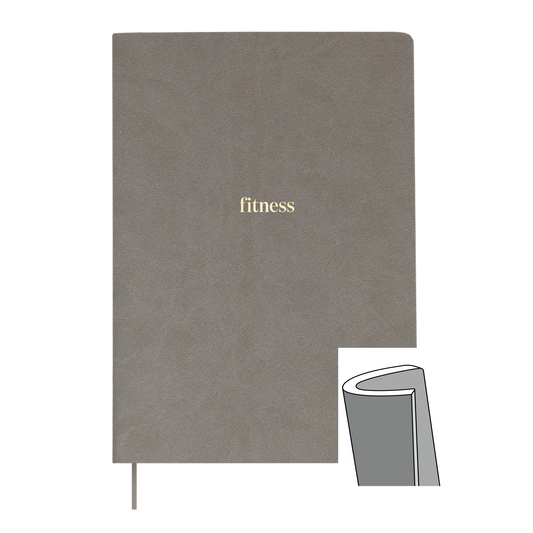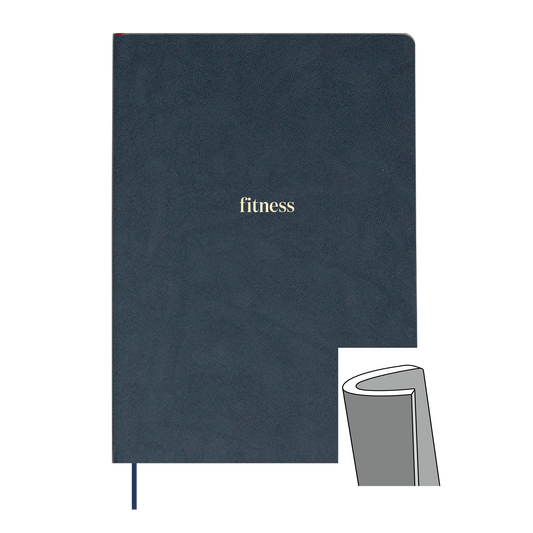Have you ever noticed how much advice about improving your life is the same?
We read all the time that all we have to do to improve our lives and get more done is one “simple” thing, like saying “no” to more stuff.
And of course, that advice is not wrong. If you agreed to do less, you would have less on your plate. But the reason we are all still too busy and overwhelmed is because it is so much easier said than done.
I don’t say “no” to things often enough because it’s usually possible to find a good reason to say yes to something. You might make money, or you’re doing a friend a favor, or you just like the sound of it…we all want to be involved in things that we think will improve our lives.
So just telling us to start saying “no” isn’t really helpful. If I already knew how to say “no” effectively, I would be doing it.
You probably already feel like you’re saying “no” to everything you can say “no” to. Everything you do, you’re doing because you have a good reason for doing so.
So today, I wanted to focus on giving you tips and strategies for things that you can do to streamline and simplify your life that will have an immediate impact, and don’t involve the vague/impossible task of just “doing less”.
We all want to feel like our lives have space for the things we love and aren’t crowded by obligations all day every day. Here are 8 ways to do exactly that.
1. Delegate one task
Very few things that you do at work actually have to be done by you. I guarantee there is something on your list this week that you could hand off to someone else and free up that time for you to do something more impactful.
It could be going to a meeting, or maybe it’s updating a spreadsheet. Big or small — try delegating one task this week. If you’re a manager, delegating is a great way to give people on your team more autonomy and growth opportunities, and it should be a big part of your job anyways.
The task you delegate to streamline your life doesn’t have to be work-related either.
For example, do you hate cleaning your house and always put it off? Instead of feeling guilty or spending time procrastinating, try hiring a cleaning service to come by every two weeks. The relatively small financial investment can release you from a ton of wasted time and energy, which in the long run, is far more valuable.
What can you release yourself from? Look for one thing you can hand off this week.
2. De-clutter your workspace (or fridge, bathroom, etc)
You don’t have to live with clutter. Clutter slows you down and makes your world a less nice place to be, which makes it harder for you to do the things you want and need to do.
If your desk is a disaster, set aside time for organizing. You don’t have to do it all at once; instead, you can tackle this project in small 10-15 minute chunks over several days or weeks. Once you get the area organized, create a simple schedule for checking in and tidying up so that you don’t just fall back into messy bad habits.
3. Create a system for a regular task
We all fall into inefficient habits, and most of the time, we don’t even notice. Maybe there’s something you always end up doing at the last minute, or a way that you’re storing a piece of information you need that is always hard to find.
These minor inefficiencies don’t waste huge amounts of time every single day, but they do waste time consistently — and the things you do consistently add up. Wouldn’t you rather have a million little ways that you’re being more efficient, not less?
Next time you notice a small time-waster, ask yourself: is there a better way I could be doing this? Investing ten minutes right now could save you hours over the next month or year.
4. Cut down your communication (just a little bit)
In other words, become just a little less available. Try putting your phone in airplane mode for an hour during the day while you get some focused work done, or close your email a few times throughout the day so that you aren’t constantly aware of the flow of messages in.
While we are huge advocates for cutting down communication even more (like only checking your email once or twice a day!), we know it’s not easy for everyone to try.
So instead, try small doses. Shutting off the flow of communication gives your brain a rest and will make you more productive with whatever you are trying to do.
5. Clean out your bag
We love this one because it can make such a big difference in your daily life, and takes almost no time to do. Every once in a while — say, every two weeks or once a month — empty out and organize the bag that you carry every day.
Your everyday bag is a natural collecting place for things like receipts, random notes, change, etc. As you move through the day, you drop things in there to “deal with later”…which may or may not happen.
When you’re looking for something important later on, it’s annoying and time-consuming (and can even look unprofessional) if you’re digging through a bunch of random stuff. There is no need to waste time and energy like this.
When you clean your bag, take out everything. Touch every single item and make a decision about it. Does this receipt need to be sent to the accounting department, or can you toss it? This is also a good opportunity to care for your most valuable items — you can give your laptop a wipe-down to keep debris from wearing on it, for example — and place them back in the bag in the best possible way to keep them organized.
6. Plan out your week every Sunday night
Monday morning isn’t really anyone’s favorite part of the week. Why? Because we’re usually inundated with other people’s requests that have come in over the weekend and first thing in the morning, plus we are facing down the week ahead and trying to get a grip on how best to get started ourselves.
However, you can streamline this process by figuring out in advance what you need to work on and how you will make the biggest impact this week.
Every Sunday night, sit down with your planner and figure out the following things:
- What is leftover from last week that needs to get done this week?
- How urgent are those leftover things? Should you tackle them first or can they wait?
- What is coming up this week that will take priority and/or time? This might be an important meeting or presentation that is time sensitive.
- What remains to be done from your monthly goals?
- Can you make progress on any of your yearly goals?
These questions will help you figure out what the most important things for you to work on this week are. There will be no question on Monday morning where you should start, because you will already know.
Urgent requests will still come in, and you will still have to find ways to shuffle them in. However, they will no longer derail you because you will always know what you should be doing as soon as you are done putting out the fire.
This might sound daunting (who wants to do homework on Sunday night?) but I promise it will make your Monday mornings so much more pleasant — plus, once you get the hang of it, this process will only take you about 15 minutes every week.
7. Start carrying a water bottle (you’ll eat less and feel better)
Did you that a lot of the time when you feel hungry, you are actually just thirsty?
Drinking more water has tons of health benefits, but it can also simplify your life by helping you to snack less and focus more on the things you really want to be doing. Plus, you won’t have to deal with food containers and wrappers on your desk creating clutter. Next time you’re feeling peckish or distracted, take a drink of cold water and see if that doesn’t help!
And if you are still drinking bottled water in disposable plastic bottles, stop! They are terrible for the environment, costly over time, and also create a ton of bulky garbage/recycling that you then have to deal with in your workspace/home.
Keeping one or two well made reusable water bottles in the places you frequent will streamline your space and your expenses, reduce your waste output, and can even beautify the places that you store them if you pick out bottles that you love to look at.
8. Unsubscribe from as many emails as possible
We all lose a ton of time to email every day. Luckily, most of us also interact with plenty of emails every day that we absolutely don’t have to, and it is possible to stop wasting time on them pretty easily.
These are lists for things like:
- Newsletters from bloggers
- Updates/sales emails from online stores where you’ve made purchases
- Automatically generated reports (daily updates from a software tool you use, etc)
Most people interact with these emails the same way every day: they delete them without reading or ignore them altogether.
Why? Because we are too busy to read an update from someone whose blog we no longer read (but whose emails still come in), or because we can get the automatically generated report information from somewhere else (like logging into the software tool to do your work and seeing the report there).
Alternately, a sales email from a store you shop at can suck you in and waste precious time in your day as you browse. And if you do end up making a purchase (especially one you wouldn’t have made if you hadn’t been prompted by the email), you are adding more unnecessary “stuff” to your life.
Next time you see these kinds of emails in your inbox, open it and click on “unsubscribe”. Stopping this flow of unnecessarily clutter will streamline and simplify your life, because even digital clutter takes up valuable mental space and energy to deal with.
How do you streamline and simplify your life?
I hope some of these tips will help you free up a little bit more time in your life for the things that really matter to you. Small chunks of time add up, so don’t get discouraged when you only save 15-30 minutes here and there. Little by little, it is possible to create more time for what matters by being smart about every little thing you do.
How do you streamline your life? Share it with us on Facebook!


